When it comes to achieving healthy and radiant skin, a one-size-fits-all approach may not always be effective. Each person has unique skin concerns and needs, which is why targeted skincare has gained immense popularity. By tailoring your skincare routine to address specific concerns, you can unlock the full potential of your skin. In this article, we will delve into the world of targeted skincare, exploring its benefits, customization options, product recommendations, and more.
Understanding Targeted Skincare
Targeted skincare refers to the practice of using specialized products and techniques to address specific skin concerns. Instead of following a generic skincare routine, individuals can focus on treating their unique challenges, such as acne, dryness, aging signs, hyperpigmentation, or sensitivity. This approach allows for a more personalized and effective skincare regimen.
Identifying Skin Concerns
The first step in implementing targeted skincare is to identify your specific skin concerns. Take a closer look at your skin and determine if you struggle with acne breakouts, excessive oiliness, dry patches, fine lines, dark spots, or other issues. Understanding your skin’s needs will help you choose the most suitable products and treatments.
H1: Acne Breakouts
Acne breakouts are a common concern, affecting people of all ages. They can be caused by various factors, including hormonal changes, excess sebum production, bacteria, or clogged pores. Targeted skincare for acne may involve the use of products containing salicylic acid, benzoyl peroxide, or tea tree oil, which help unclog pores, reduce inflammation, and kill acne-causing bacteria.
H2: Dryness and Dehydration
Dry and dehydrated skin lacks moisture and often feels tight or rough. It can be caused by environmental factors, genetics, or an impaired skin barrier. To target dryness, look for moisturizers with hydrating ingredients like hyaluronic acid, ceramides, and glycerin. Additionally, incorporating a gentle exfoliant can help remove dead skin cells, allowing better absorption of moisture.
H3: Aging Signs
As we age, our skin naturally undergoes changes, such as the appearance of fine lines, wrinkles, and loss of elasticity. Targeted skincare for aging skin typically involves the use of anti-aging products containing retinol, peptides, vitamin C, and antioxidants. These ingredients can help boost collagen production, improve skin texture, and reduce the visible signs of aging.
H4: Hyperpigmentation
Hyperpigmentation refers to the darkening of certain areas of the skin, often caused by sun damage, hormonal changes, or inflammation. To target hyperpigmentation, incorporate products with ingredients like vitamin C, niacinamide, kojic acid, or alpha arbutin. These ingredients can help brighten the skin, fade dark spots, and even out skin tone.
Customizing Your Skincare Routine
Once you have identified your specific skin concerns, it’s time to customize your skincare routine accordingly. Tailoring your routine ensures that you are providing your skin with the necessary ingredients and treatments to address your unique needs. Consider the following steps when customizing your skincare routine:
- Cleansing: Begin by cleansing your face with a gentle cleanser suitable for your skin type. This step helps remove dirt, excess oil, and impurities, preparing your skin for the next products.
- Exfoliation: Depending on your skin type and concerns, incorporate an exfoliant 1-3 times a week. Exfoliation helps remove dead skin cells, unclog pores, and promote cell turnover.
- Toning: Apply a toner to rebalance your skin’s pH levels and provide hydration. Toners can also help remove any remaining impurities and prep your skin for better absorption of subsequent products.
- Treatment Products: This step involves the application of targeted products like serums, ampoules, or essences. Choose products that contain ingredients suitable for your skin concerns.
- Moisturization: Lock in moisture by applying a moisturizer suitable for your skin type. Moisturizers help hydrate and nourish your skin, creating a protective barrier.
- Sun Protection: Finish your morning routine with sunscreen. Sun protection is crucial to prevent sun damage, premature aging, and hyperpigmentation.
The Importance of Ingredients
When it comes to targeted skincare, understanding the importance of ingredients is key. Different ingredients offer specific benefits and can effectively address various skin concerns. By familiarizing yourself with these ingredients, you can make informed choices and maximize the effectiveness of your skincare routine.
For instance, hyaluronic acid is renowned for its hydrating properties, making it ideal for combating dryness. Meanwhile, ingredients like niacinamide and alpha arbutin work wonders for brightening the skin and reducing hyperpigmentation.
Targeted Skincare Products
The beauty industry offers a wide range of targeted skincare products to cater to specific skin concerns. From acne-fighting cleansers to anti-aging serums, there is a product for nearly every need. Here are some popular targeted skincare products:
- Acne Treatment: Spot treatments, cleansers, and masks formulated with acne-fighting ingredients.
- Hydrating Products: Moisturizers, hydrating serums, and sheet masks for dry and dehydrated skin.
- Anti-Aging Solutions: Retinol creams, collagen-boosting serums, and firming moisturizers.
- Brightening and Pigmentation: Serums, creams, and masks designed to fade dark spots and even out skin tone.
Incorporating Targeted Skincare in Your Routine
Now that you have a better understanding of targeted skincare and its components, it’s time to incorporate it into your daily routine. Follow these steps to get the most out of your targeted skincare regimen:
- Research and Select Products: Identify products that cater to your specific skin concerns. Read reviews, consult professionals if needed, and choose those with effective ingredients and positive customer feedback.
- Patch Test: Before incorporating new products into your routine, perform a patch test to ensure you don’t have any adverse reactions. Apply a small amount of the product on a discreet area and observe for any redness, irritation, or allergies.
- Introduce Products Gradually: Start by incorporating one new product at a time to gauge its impact on your skin. This approach allows you to identify any sensitivities or allergies and make adjustments as needed.
- Monitor and Adjust: Pay attention to how your skin responds to the targeted products. If you experience any negative reactions or if the products are not yielding the desired results, consider modifying or replacing them.
- Be Consistent: Consistency is key in skincare. Follow your targeted skincare routine diligently, giving the products enough time to work their magic. It may take a few weeks or even months to see noticeable improvements.
Lifestyle Factors and Skincare
While targeted skincare products play a significant role, it’s important to remember that skincare goes beyond what you apply topically. Lifestyle factors also impact the health and appearance of your skin. Here are a few lifestyle considerations to keep in mind:
- Diet and Hydration: A balanced diet rich in vitamins, minerals, and antioxidants can contribute to healthier skin. Stay hydrated by drinking an adequate amount of water each day.
- Sleep and Stress: Quality sleep and stress management can positively impact your skin. Aim for 7-8 hours of sleep each night and practice stress-reducing techniques like meditation or yoga.
- Sun Protection: Protect your skin from harmful UV rays by using sunscreen daily, wearing protective clothing, and seeking shade during peak sun hours.
- Healthy Habits: Avoid smoking, excessive alcohol consumption, and repetitive facial expressions that can contribute to premature aging and other skin concerns.
Professional Advice and Consultation
If you find it challenging to navigate the world of targeted skincare or have persistent skin issues, seeking professional advice is highly recommended. Dermatologists, estheticians, or skincare specialists can assess your skin, provide personalized recommendations, and suggest professional treatments or procedures that may enhance your skincare results.
DIY Targeted Skincare
While professional guidance is invaluable, some individuals prefer a do-it-yourself approach to skincare. DIY skincare allows you to have control over the ingredients and tailor them to your specific needs. However, it’s crucial to research thoroughly, use reliable recipes, and exercise caution when concocting your own skincare products.
Benefits of Targeted Skincare
Targeted skincare offers numerous benefits, including:
- Efficiency: By addressing specific concerns, targeted skincare can deliver more efficient results compared to a generic routine.
- Personalization: Customizing your skincare routine allows you to cater to your unique needs, ensuring your skin receives the care it requires.
- Improved Confidence: Achieving healthier and more radiant skin can boost your confidence and overall well-being.
- Tackling Multiple Concerns: With targeted skincare, you can address multiple skin concerns simultaneously, optimizing your routine for maximum effectiveness.
Potential Challenges and Solutions
While targeted skincare can be highly effective, it’s essential to be aware of potential challenges that may arise. Here are a few challenges and possible solutions:
- Product Overload: Using too many products simultaneously can overwhelm your skin and lead to adverse reactions. Streamline your routine and introduce new products gradually.
- Inconsistent Results: Some products may work wonders for one person but not yield the same results for another. Be patient and willing to adjust your routine as needed to find what works best for you.
- Budget Considerations: Targeted skincare can sometimes be costlier due to specialized products. Set a budget and prioritize key products that address your primary concerns.
The Future of Targeted Skincare
As technology advances and our understanding of skin biology deepens, the future of targeted skincare holds tremendous potential. From innovative ingredients and delivery systems to personalized skincare solutions based on genetic testing, the industry continues to evolve to meet individual needs more effectively.
Conclusion
Targeted skincare has revolutionized the way we approach skincare, allowing us to tailor our routines to address specific concerns. By understanding our skin’s unique needs, choosing appropriate products, and incorporating lifestyle factors, we can achieve healthier, more radiant skin. Embrace the power of targeted skincare and enjoy the benefits of a personalized approach to skincare.

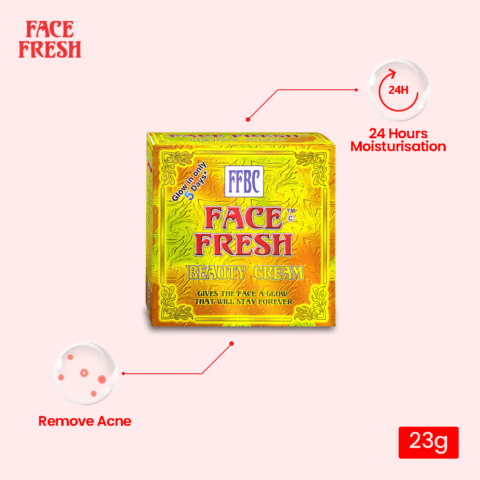
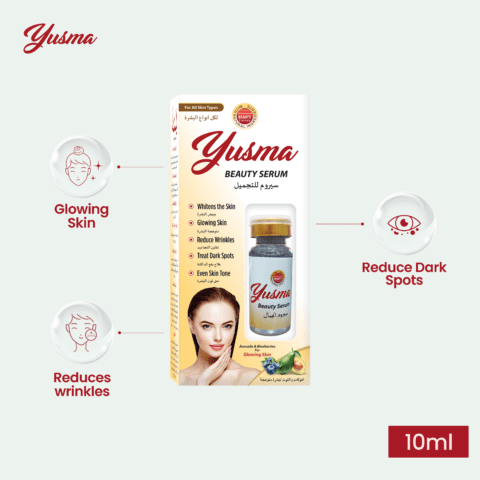
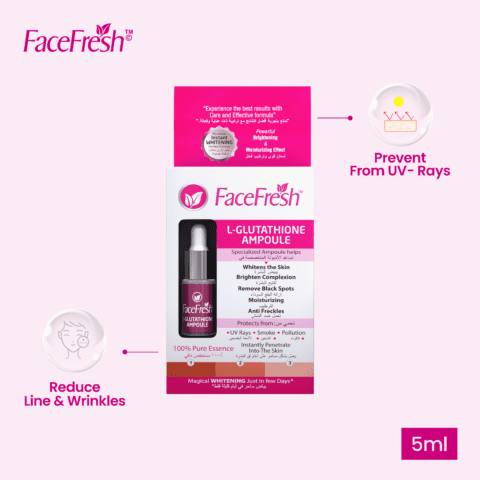
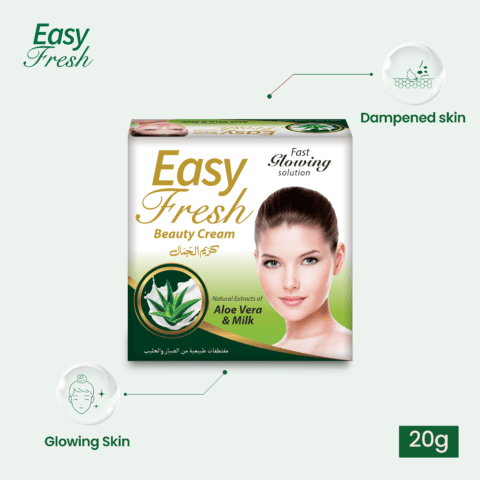
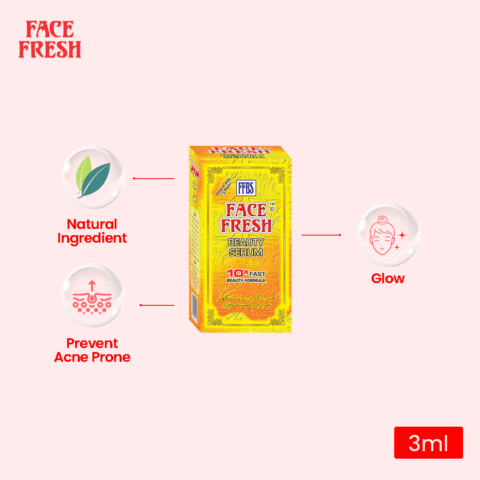

Leave a comment
Your email address will not be published. Required fields are marked *